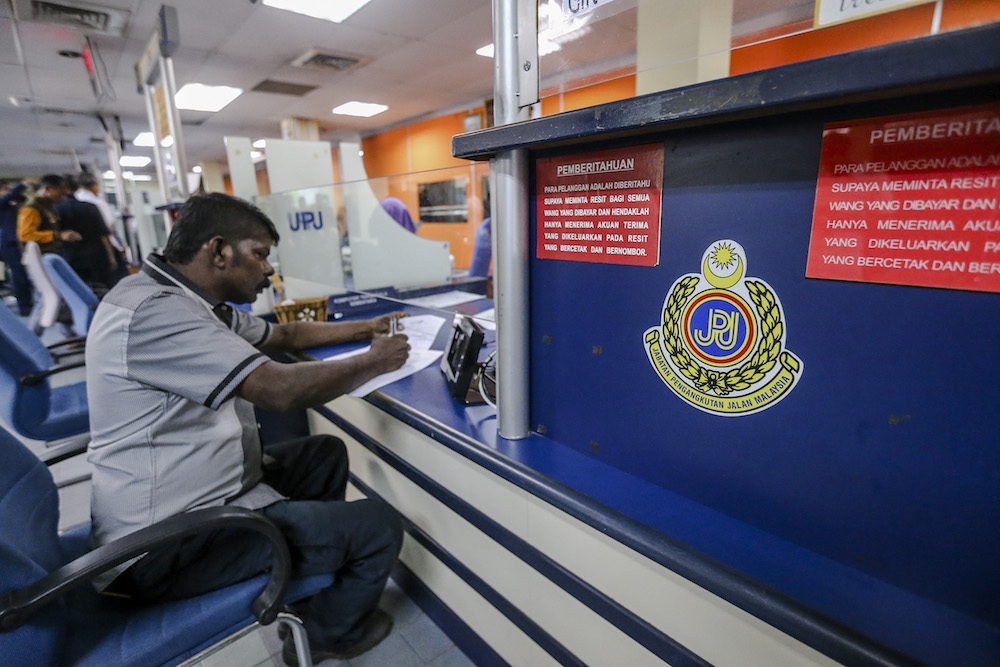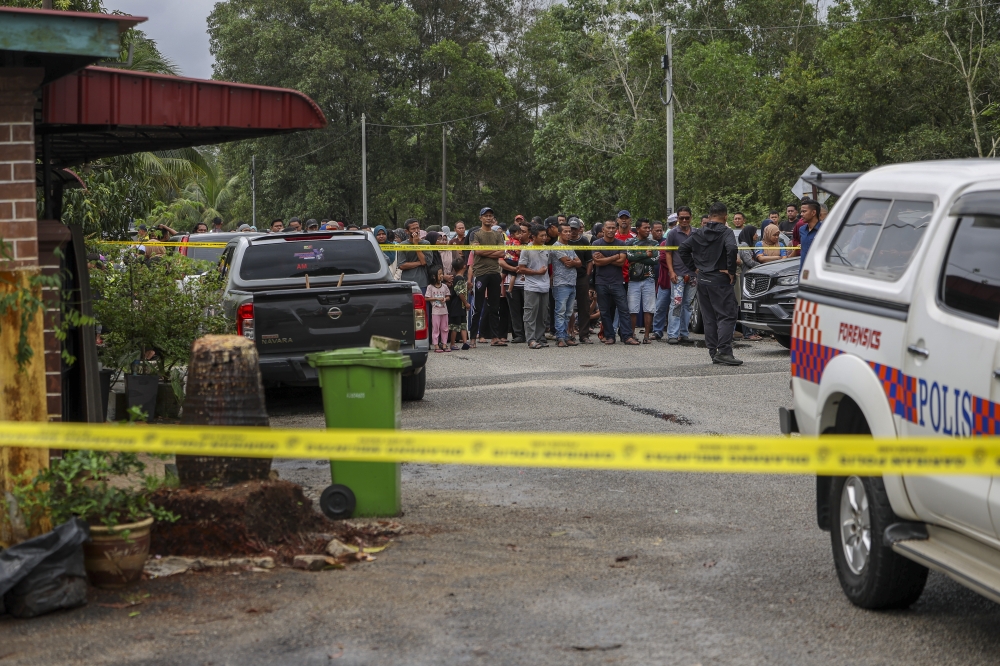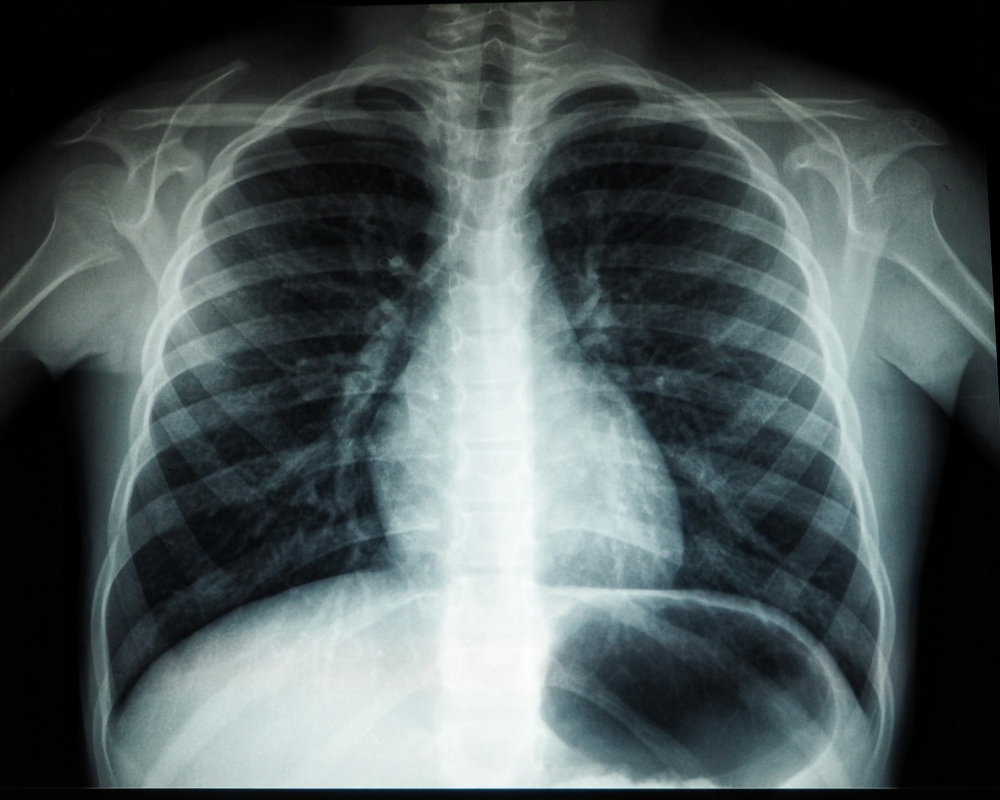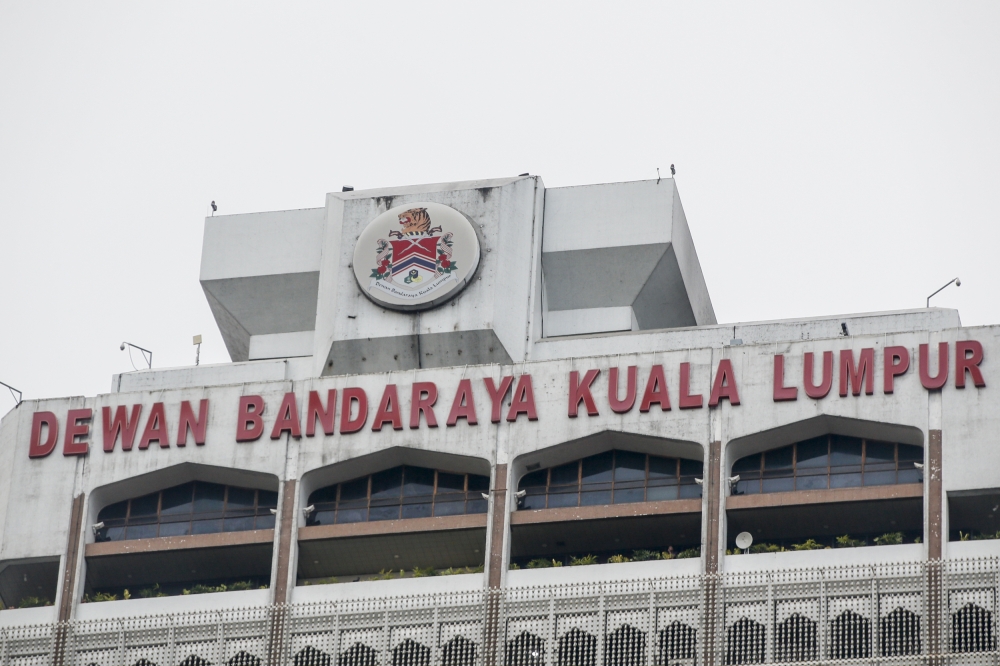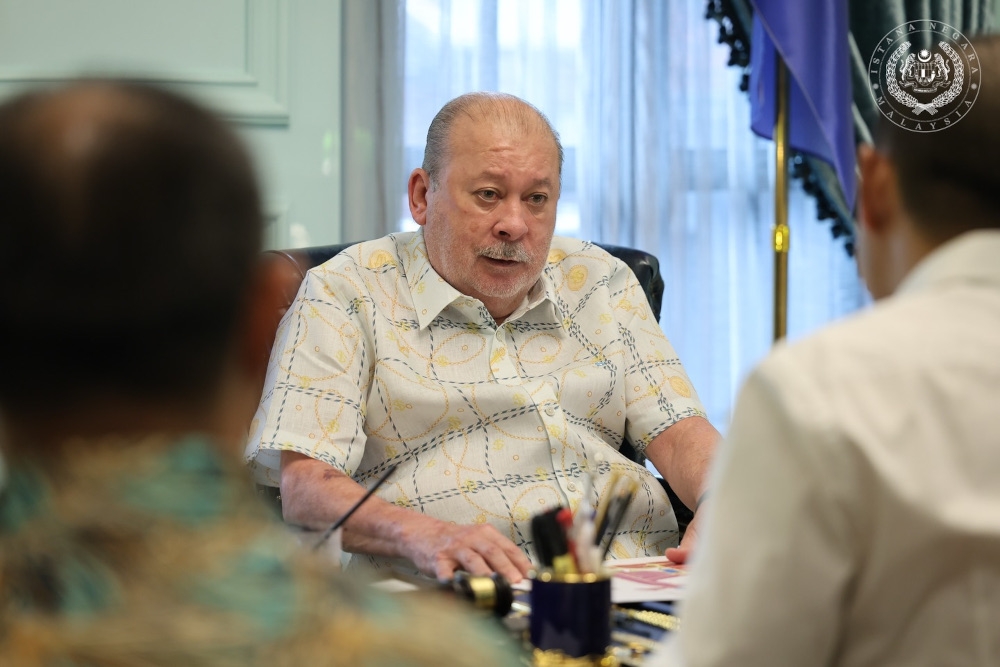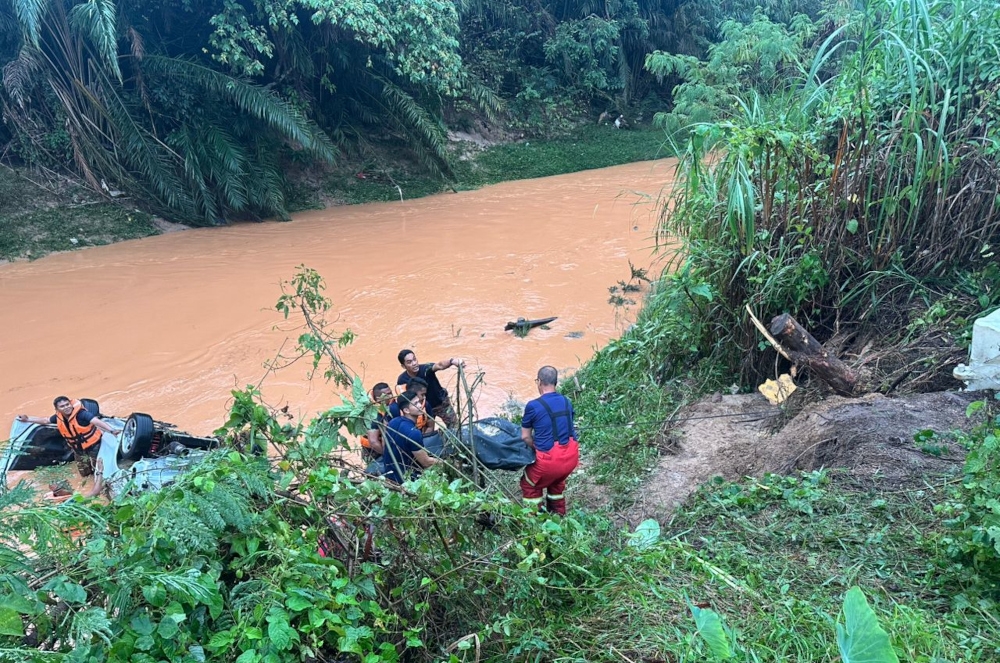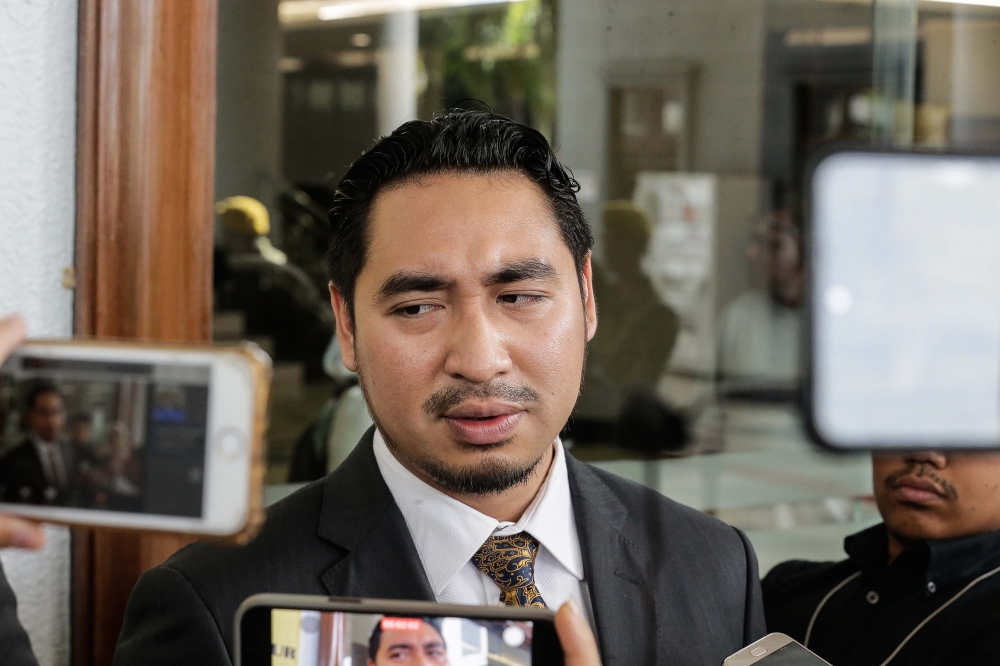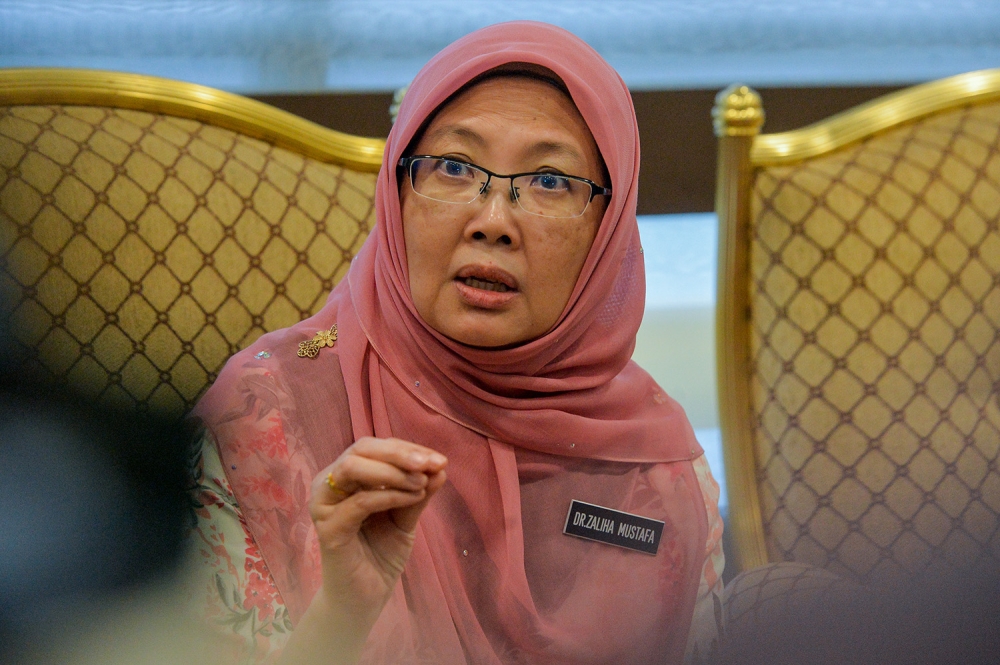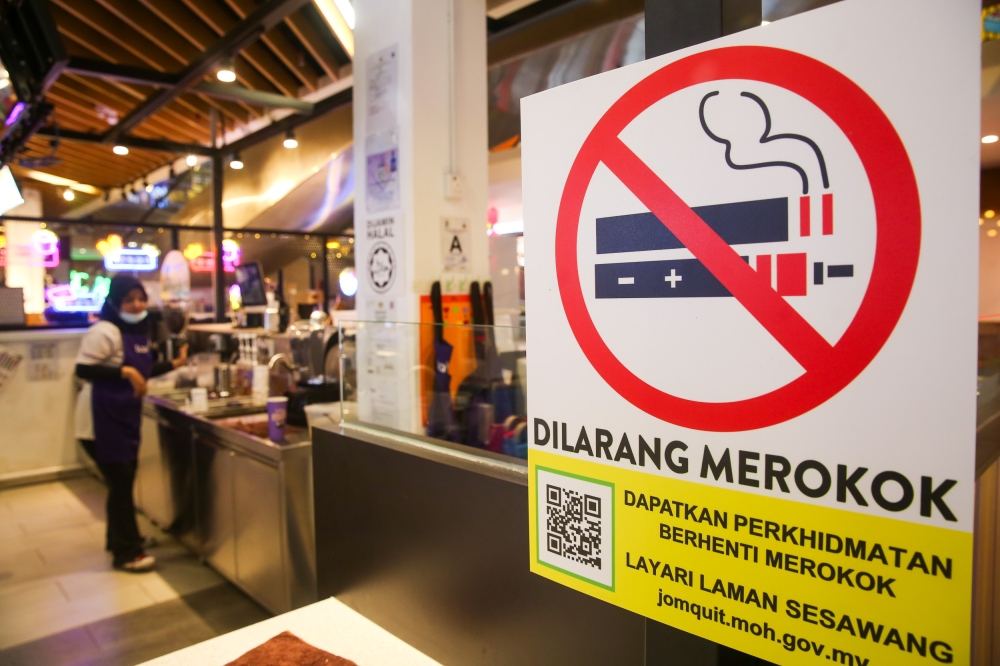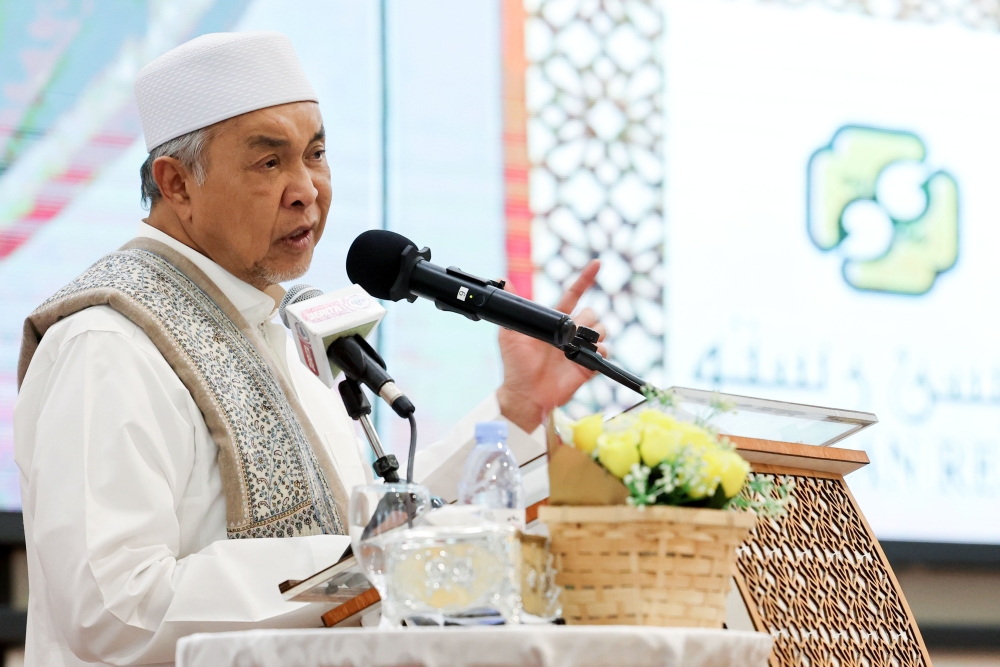KUALA LUMPUR, Aug 18 — One of the aims of the national Health White Paper is to leverage public and private healthcare partnerships to enhance healthcare accessibility and efficiency, Health Minister Dr Zaliha Mustafa has reportedly said.
In an interview with The Vibes, she said that the government’s Health White Paper intends on reforming the healthcare system, and one of the strategies was to encourage more collaboration between the public and private sectors that will ultimately improve the delivery of services.
“A prime example of private-public partnerships is Skim Perubatan Madani (SPM), which was launched by the government on June 15, 2023. SPM is aimed at addressing congestion in public healthcare facilities by providing the B40 with access to acute primary care services for free, at participating private GP clinics,” she was quoted saying.
It is estimated that 700,000 households will benefit from this scheme, leading to improvements in patient well-being as well as providing private GPs with an opportunity to generate additional income.
She said SPM is currently being piloted in 10 districts, and will soon be expanded across more districts to meet demand.
“These collaborative and innovative efforts align with the principles of a Madani economy, which values collective progress and sustainable development,” she said.
Another reform it is looking at is capitalising on digital technology like telemedicine and remote monitoring to serve the rakyat in remote and underserved areas without travelling long distances.
“The Health White Paper emphasises the adoption of electronic medical records (EMR) and Electronic Lifetime Health Records (ELHR) to enable seamless information sharing between healthcare providers, thereby improving care coordination and reducing medical errors.
“By investing in health information technology, we can optimise healthcare resources, making the system more resilient and responsive to the challenges of digitalization,” she said.
Of the challenges faced, Dr Zaliha said that implementation and financing was its biggest obstacle.
“We are grateful to Prime Minister Datuk Seri Anwar Ibrahim for embracing the suggestion of gradually increasing publicly managed health funding to five per cent of GDP, as suggested within the Health White Paper. Of course, this will require better governance and we must ensure that resources are used efficiently and effectively,” she said.
Another challenge is addressing regional disparities in healthcare services and accessibility for everyone, including those in rural areas.
“The white paper outlines long-term plans to improve infrastructure and increase healthcare personnel as a framework for ongoing efforts.
“For instance, the Health Ministry has embarked on a project to upgrade public healthcare facilities nationwide. This ongoing initiative involves repair and upgrading works at 1200 facilities identified to have structural, mechanical and electrical or safety issues, with an allocation of RM111 million in 2023,” she said.
The Health Ministry has recently appointed 4914 doctors, dentists and pharmacists to permanent positions, and is in the process of finalising the appointment of 6,441 healthcare professionals across various schemes. The government has also committed to appointing 12,800 doctors on a permanent basis by 2025.
“Furthermore, a high-level committee has been established to definitively address the issue of contract doctors, by comprehensively reviewing the entire ecosystem, including education and practical training, licensing and registration, public sector recruitment, deployment and retention.
“The Health White Paper emphasises the need to invest in the training and development of healthcare professionals, ensuring that we have a skilled workforce capable of providing high-quality care,” she said.
In June, the Health White Paper was tabled in the Dewan Rakyat, paving the way for reforming the public health system as federal lawmakers debate on the comprehensive policy that would shape the sector in stages over 15 years.

